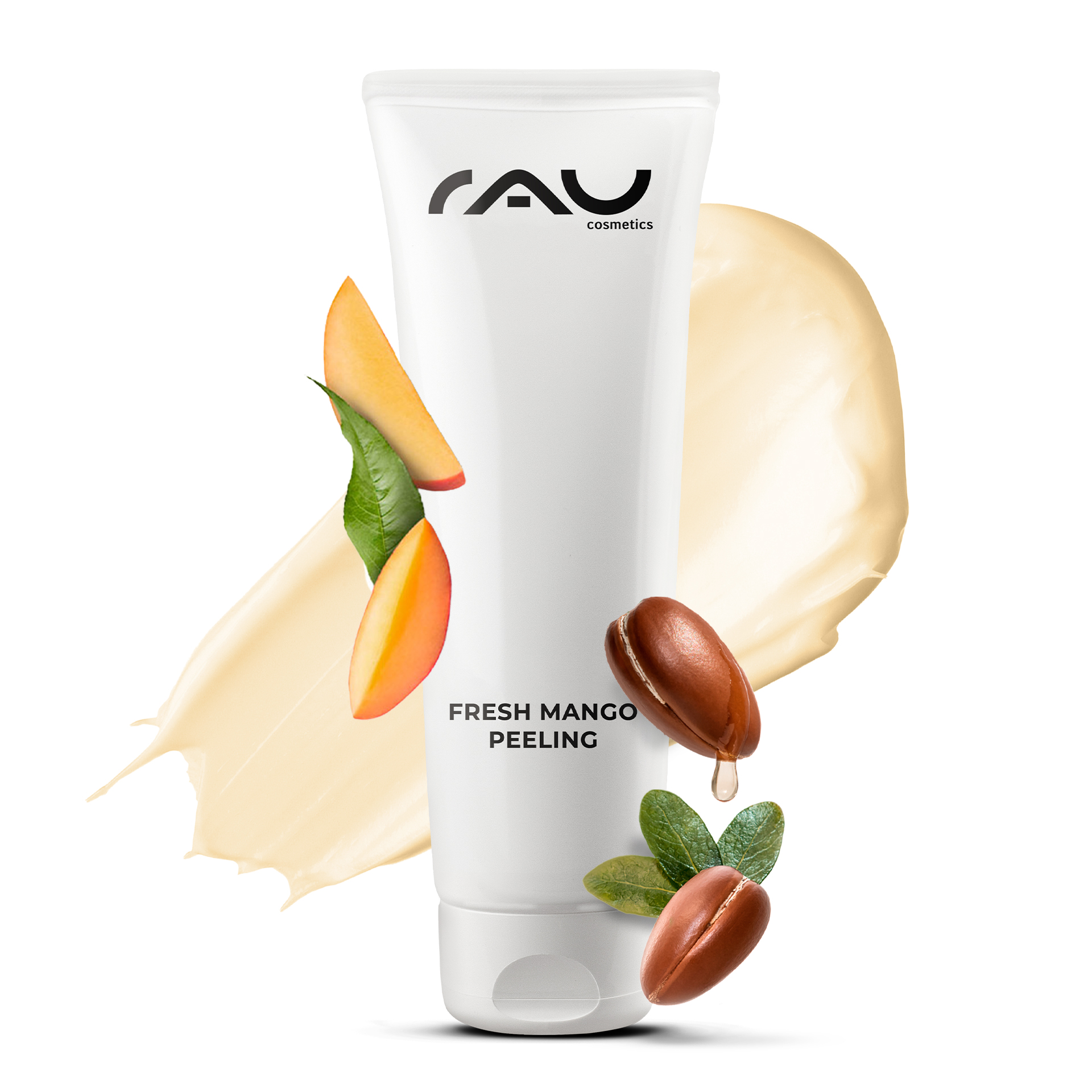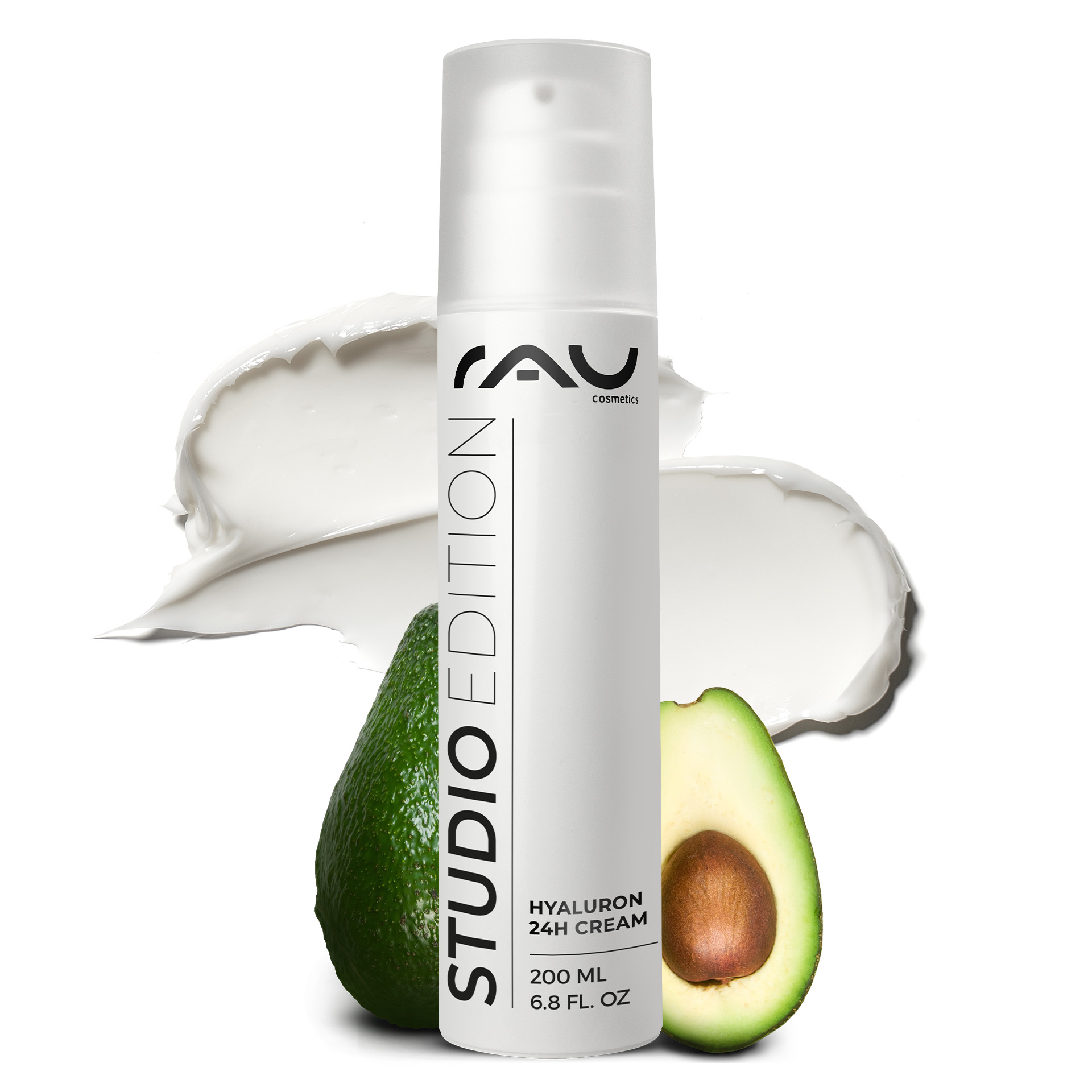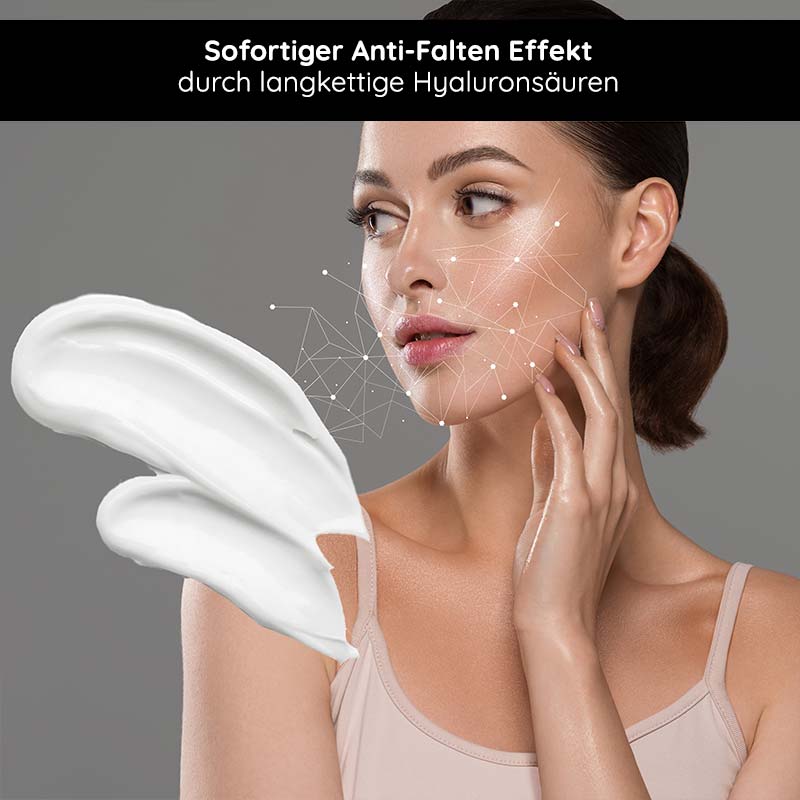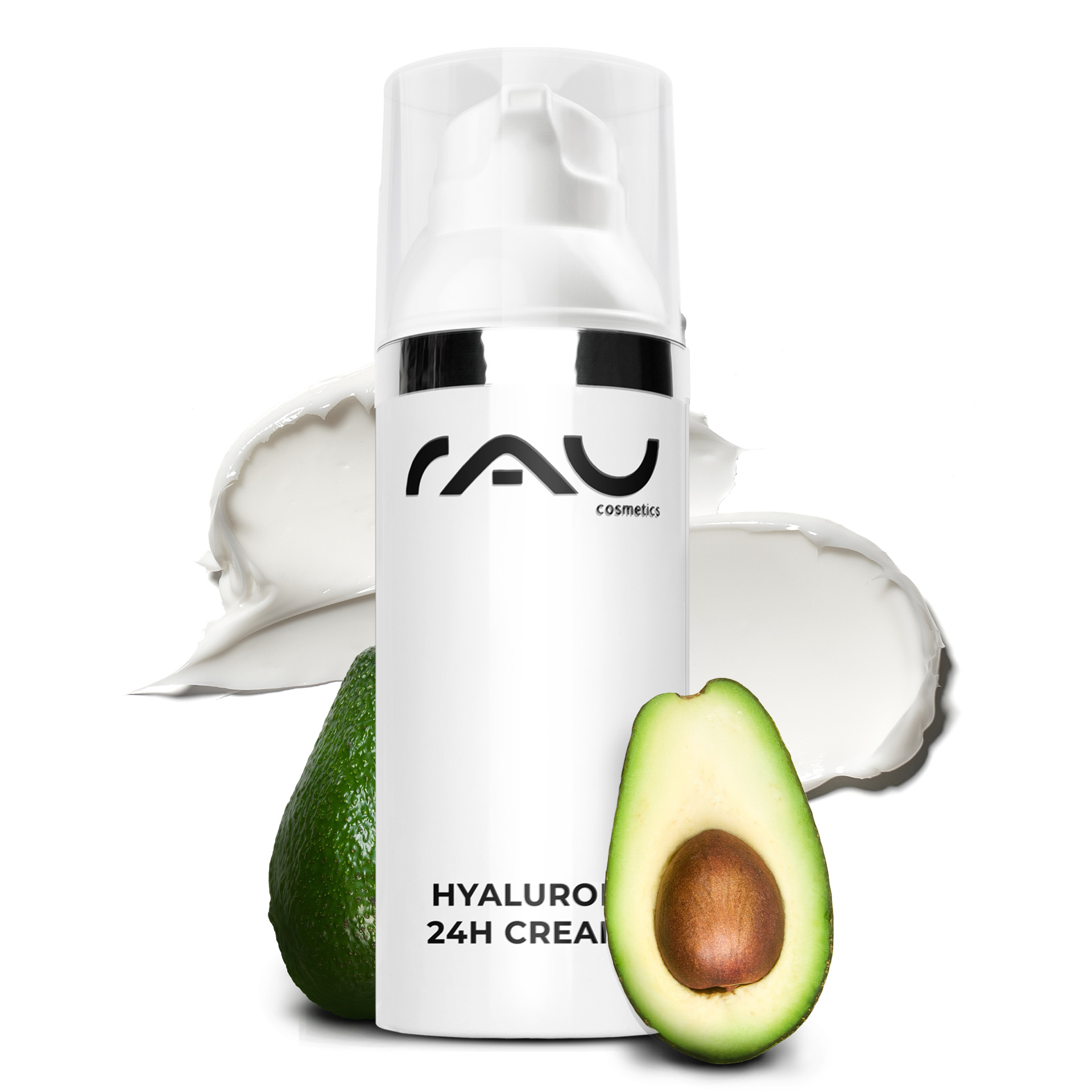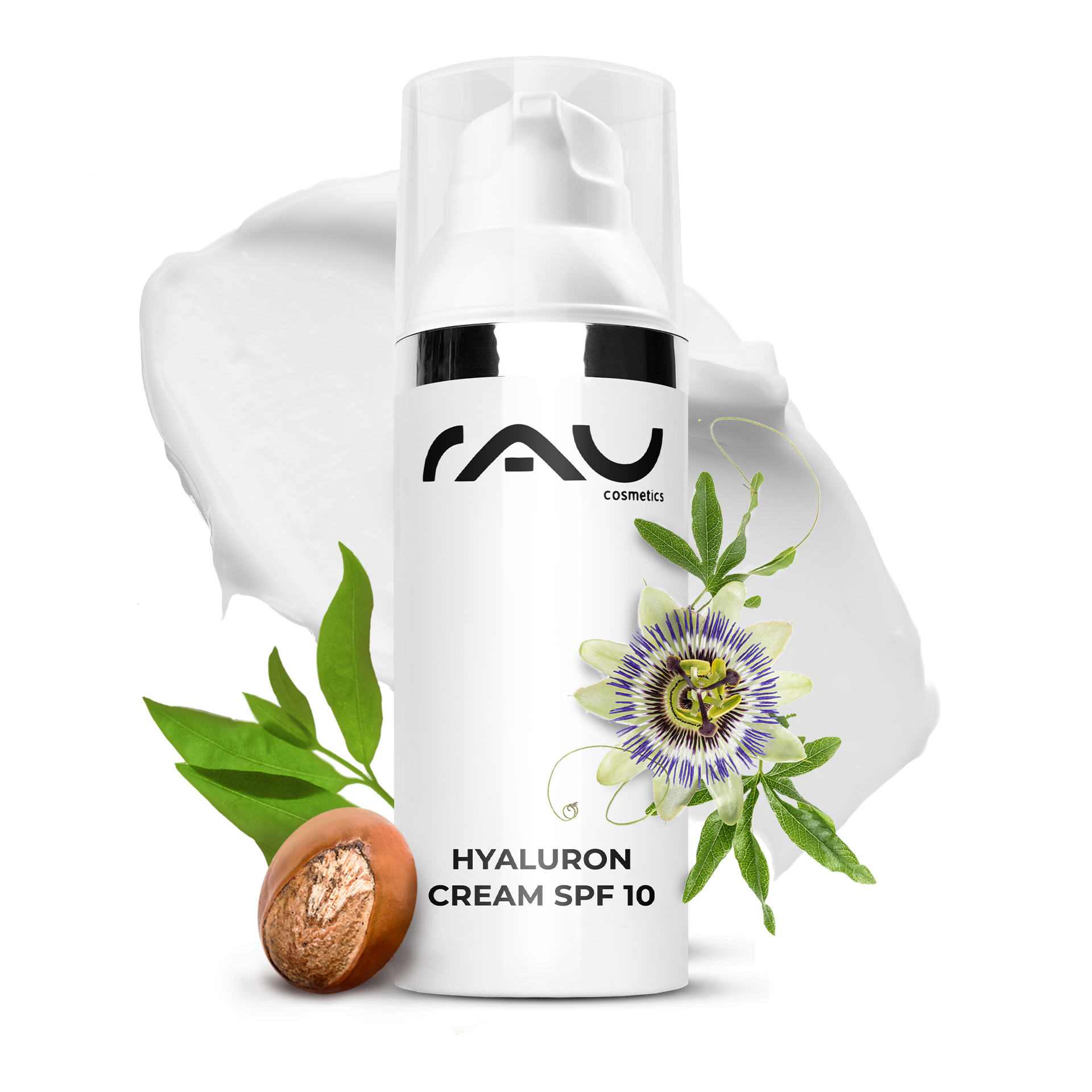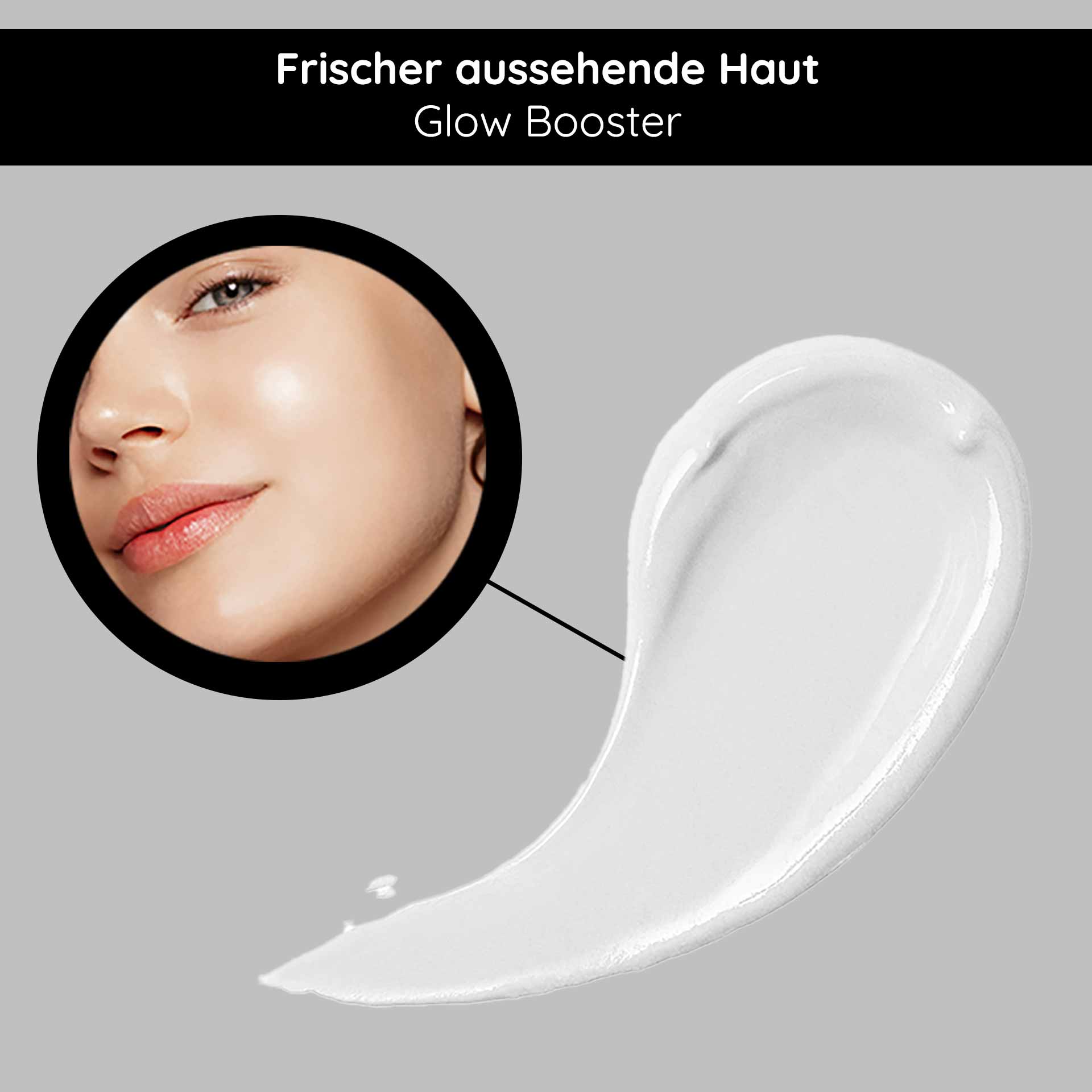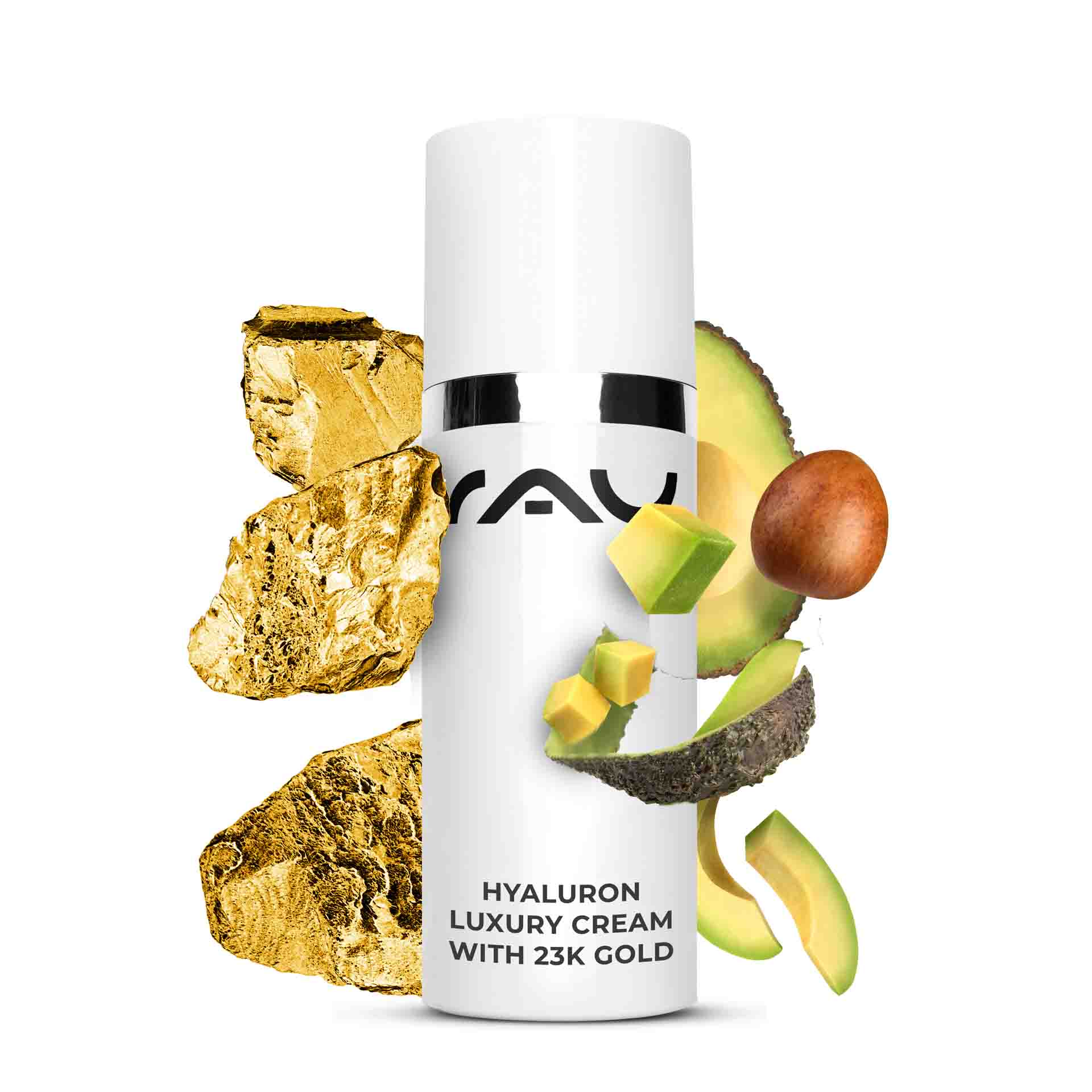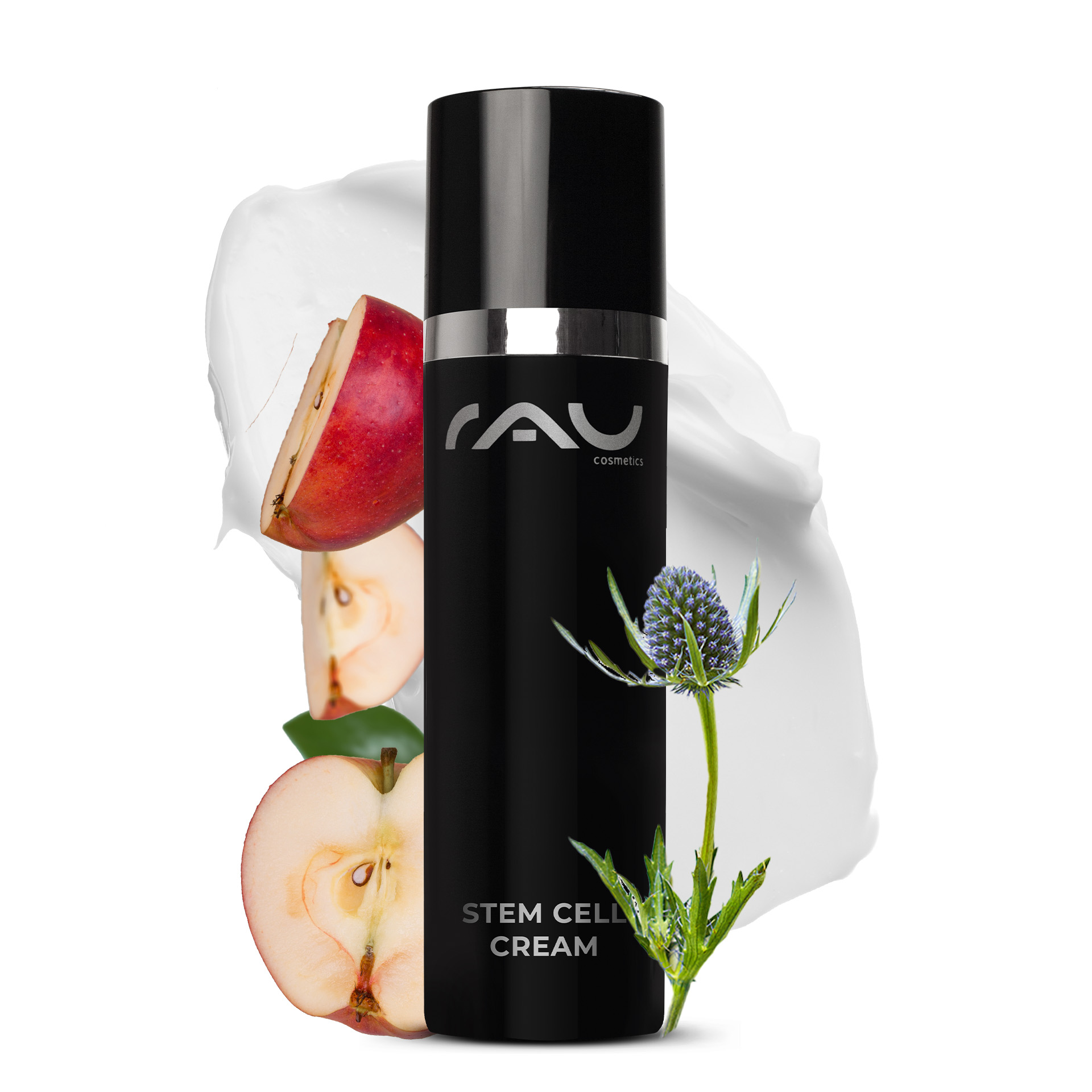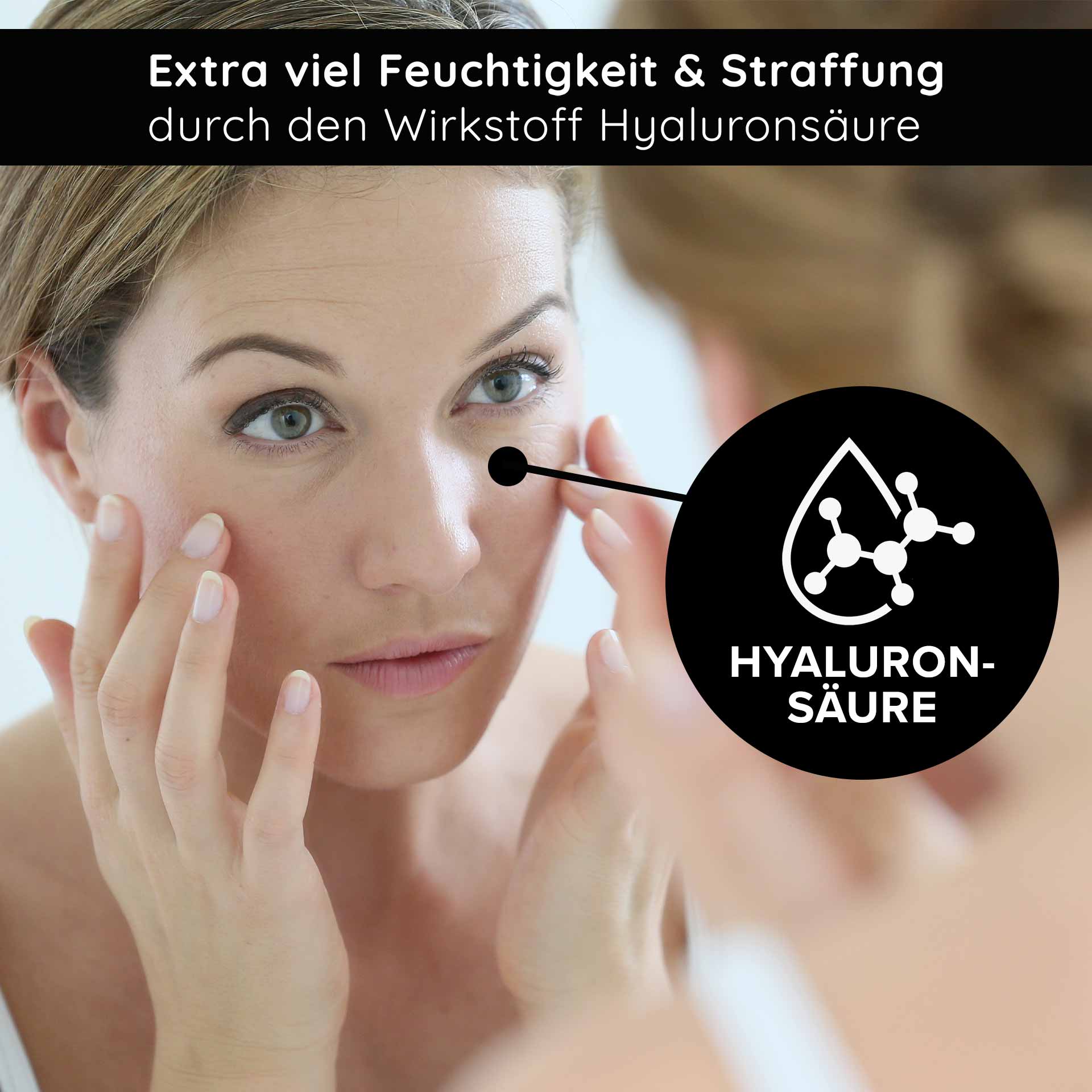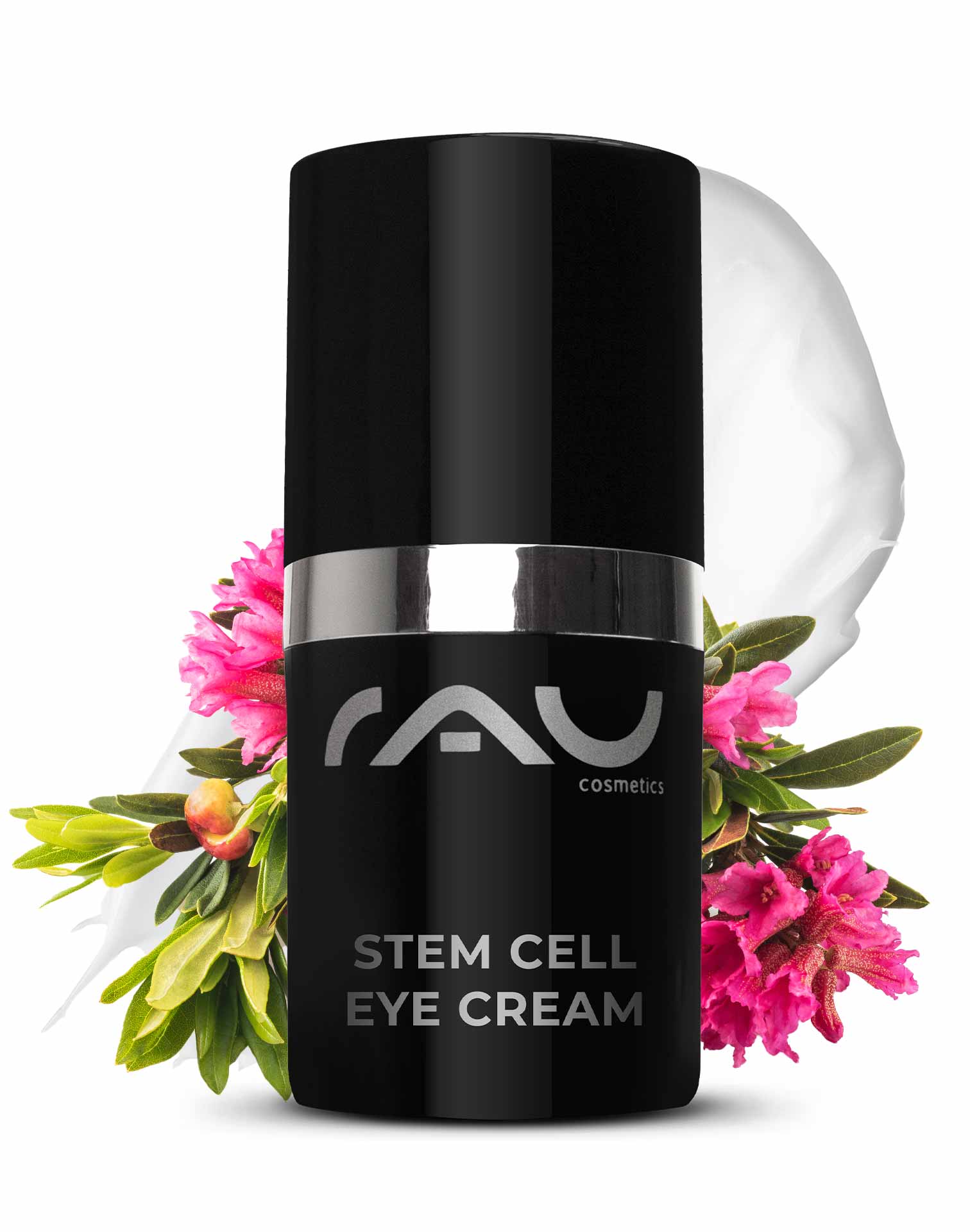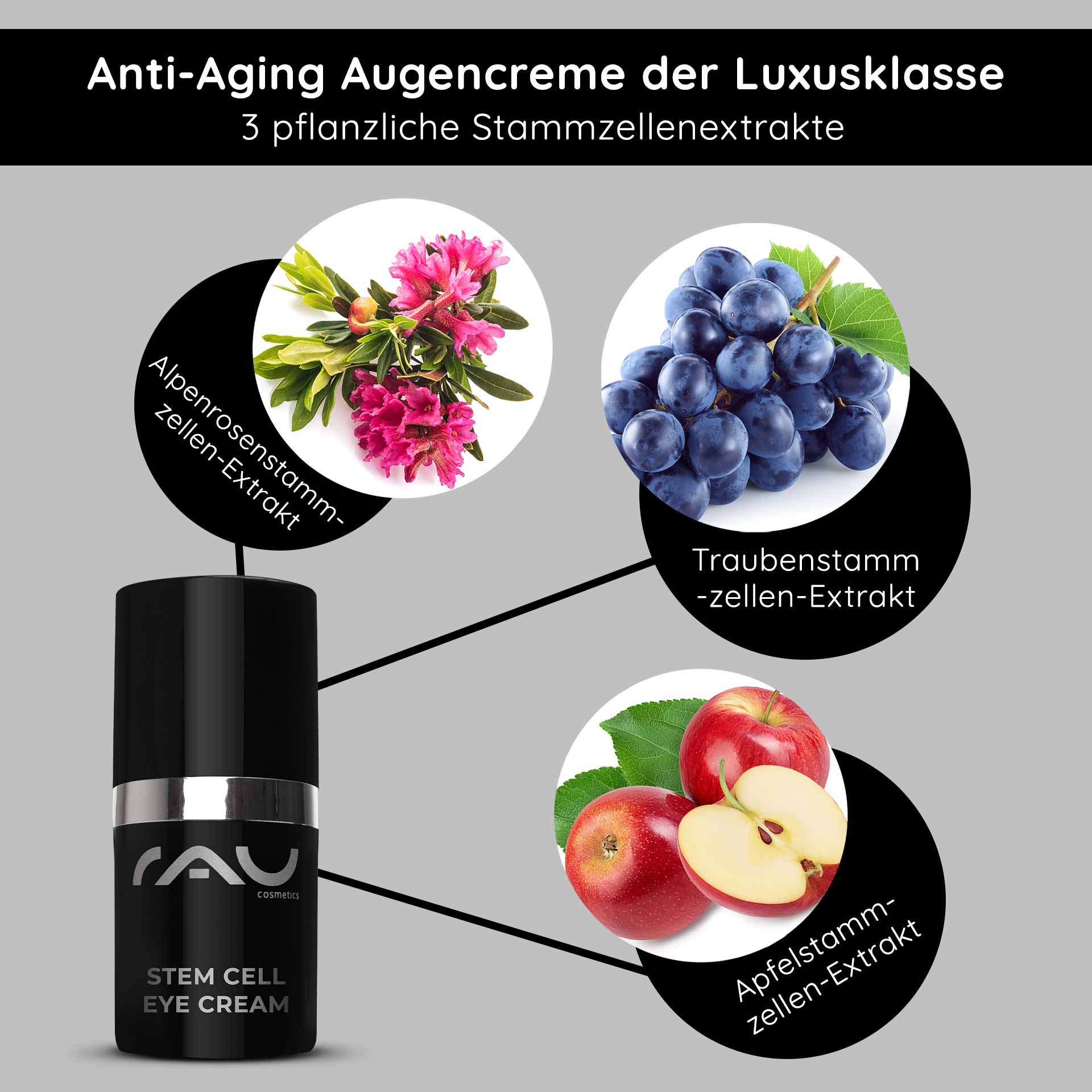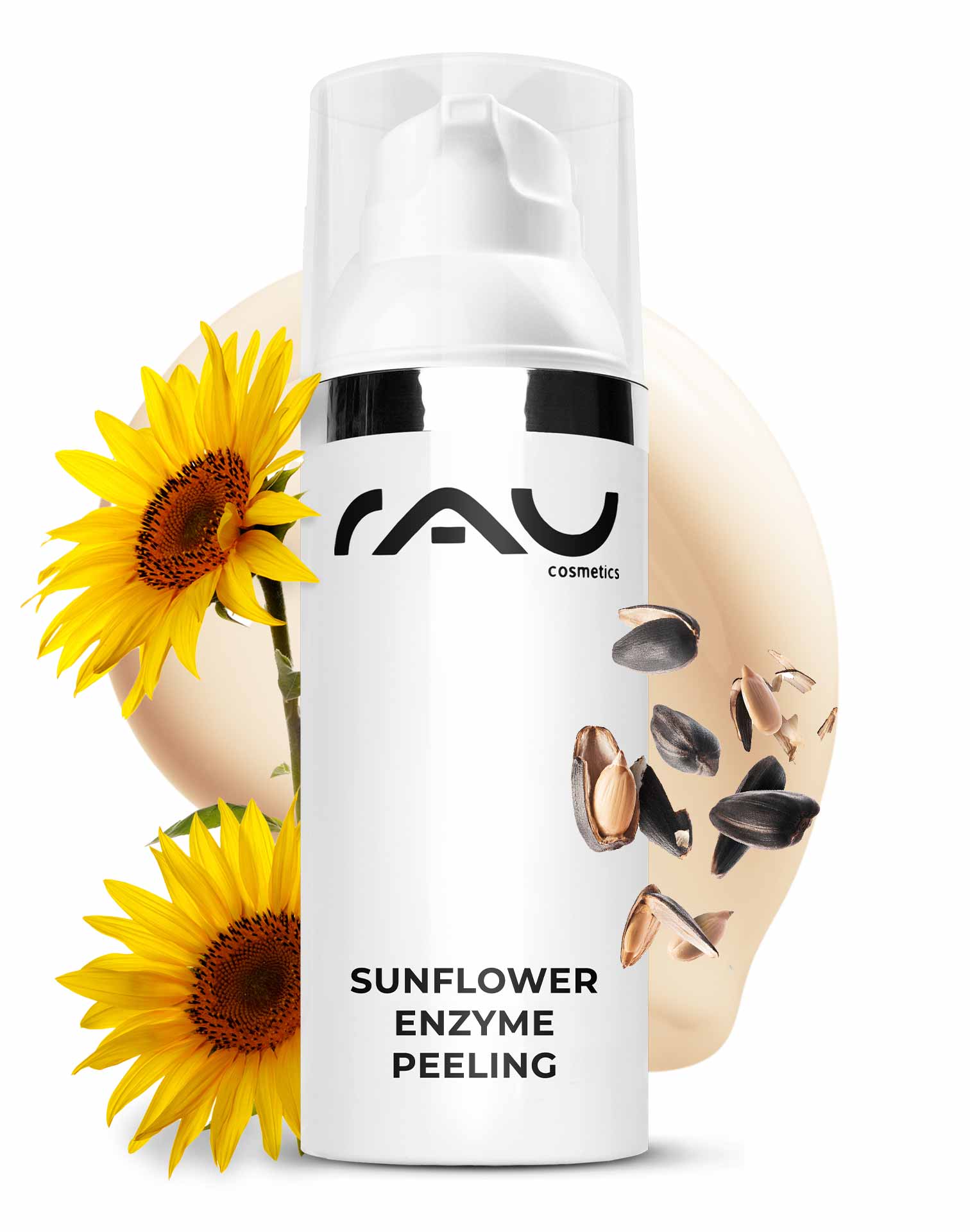Ascorbic acid
Radiant skin with ascorbic acid: discover the wonders of vitamin C in your skincare. Now for a healthy complexion!
Content: 0.075 Liter ($319.73* / 1 Liter)
Content: 0.2 Liter ($702.00* / 1 Liter)
Content: 0.05 Liter ($780.40* / 1 Liter)
Content: 0.05 Liter ($800.40* / 1 Liter)
Content: 0.05 Liter ($981.00* / 1 Liter)
Content: 0.05 Liter ($1,302.20* / 1 Liter)
Content: 0.015 Liter ($2,333.33* / 1 Liter)
Content: 0.05 Liter ($519.40* / 1 Liter)
INCI:ASCORBIC ACID, Ascorbic acid, Acidum Ascorbicum, E 300, Vitamin C - Ascorbic acid in skin care: The wonder weapon for radiant skin
Ascorbic acid, also known as vitamin C, is an essential nutrient and a powerhouse in skincare. Not only is this compound vital to our overall health, but it also plays an essential role in the care and maintenance of our skin. In this article, we will take a closer look at the general and specific effects of ascorbic acid in skincare.
General information about ascorbic acid
Ascorbic acid is a water-soluble vitamin and a powerful antioxidant found in many fresh foods such as citrus fruits, strawberries, peppers and broccoli. It has multiple health benefits, including its positive effects on the skin.
The effect of ascorbic acid on the skin
Ascorbic acid offers a wide range of benefits for the skin, including
1. antioxidant properties
Ascorbic acid is a powerful antioxidant that protects the skin from harmful free radicals. These aggressive molecules are the main cause of premature skin ageing and can lead to wrinkles and pigmentation. As an antioxidant, vitamin C neutralizes these radicals, making the skin look younger and more radiant.
2. collagen production
One of the most remarkable effects of ascorbic acid on the skin is the stimulation of collagen production. Collagen is a protein that is responsible for the elasticity and firmness of the skin. As we age, natural collagen production decreases, leading to wrinkles and sagging skin. By using vitamin C, collagen production can be stimulated, resulting in firmer and smoother skin.
3. brightening and pigmentation spots
Ascorbic acid can help to reduce hyperpigmentation and dark spots. It inhibits the production of melanin, the pigment responsible for skin color. This leads to a more even skin tone and a more radiant complexion. It is also an effective solution against age spots and sun damage.
4. hydration
Vitamin C is an effective moisturizer that hydrates the skin and prevents water loss. Well-hydrated skin looks more youthful and healthy and is less prone to dryness and flaking.
5 Anti-inflammatory properties
Ascorbic acid also has anti-inflammatory properties that can help reduce redness and inflammation. This is particularly useful for skin problems such as rosacea and acne.
Use of ascorbic acid in skin care
Ascorbic acid can be incorporated into skincare in a number of ways, including
1. serums
Vitamin C serums are a popular choice for applying ascorbic acid to the skin. They are highly concentrated and can easily penetrate the skin. Used daily, they provide maximum benefits for the skin.
2. creams
Many moisturizers contain ascorbic acid to provide the skin with vitamin C throughout the day. These are particularly useful in protecting the skin from the damaging effects of sun exposure.
3. masks
Ascorbic acid masks are a great way to revitalize and brighten the skin at regular intervals. They are a good choice for treating pigmentation spots and signs of aging.
Important considerations when using ascorbic acid
Although ascorbic acid offers numerous benefits for the skin, there are some important considerations you should be aware of:
1. sensitivity
Some people may be sensitive to ascorbic acid and develop skin irritation or allergies. It is advisable to carry out a patch test before use.
2. stability
Ascorbic acid can be unstable and decompose when exposed to light or air. Be sure to use tightly closed containers and store products in a cool, dark place.
3. interactions with other products
Ascorbic acid may be incompatible with some other skin care products. Consult a skincare professional if you are unsure how to incorporate vitamin C into your routine.
Summary
Ascorbic acid, or vitamin C, is a powerful active ingredient in skincare that offers antioxidant, collagen-stimulating and brightening properties. Its use in serums, creams and masks can lead to brighter, more youthful skin. However, it is important to be aware of skin sensitivities, product stability and potential interactions. With the right care, vitamin C can be an important part of your skincare routine.

